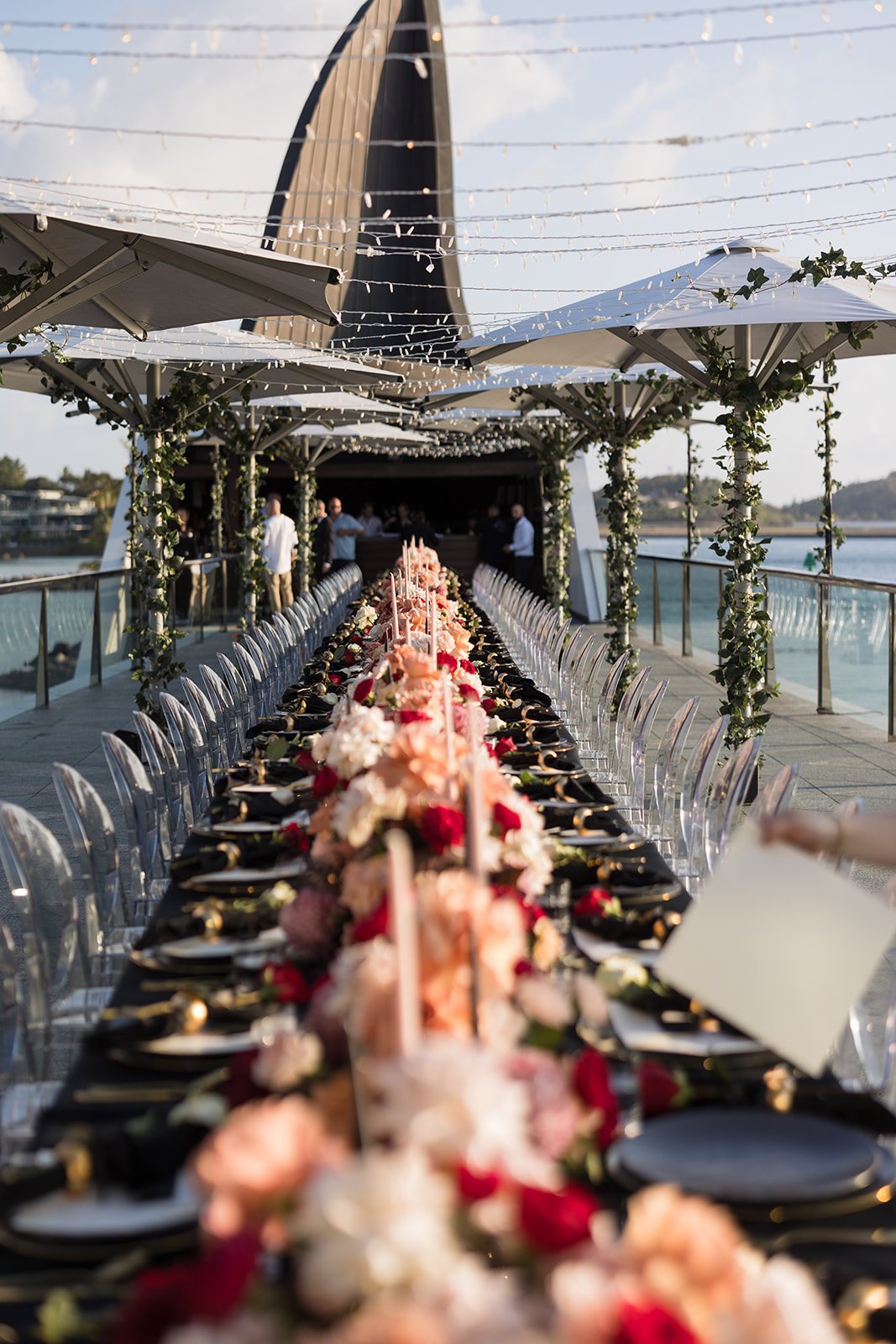Weddings are one of the most cherished celebrations of love, and managing the myriad details that come with planning a wedding can often feel overwhelming. Whether you’re a bride or groom, or part of the wedding party, it’s essential to have a structured plan in place to ensure your big day goes off without a hitch. In this blog post, we’ll explore comprehensive strategies for effective wedding management tailored for an Australian audience.
1. Setting Your Budget
Before diving into the details, it’s crucial to establish a realistic budget. With the average Australian wedding costing anywhere from 30,000to50,000, setting a budget will help you prioritise your spending. Consider the key elements such as:
- Venue rental
- Catering
- Photography and videography
- Attire
- Floral arrangements
- Entertainment
- Wedding planner fees
- Miscellaneous expenses
Using a budgeting tool or spreadsheet can help you keep track of your projected and actual spending.
2. Creating a Timeline
A well-organised timeline helps keep your planning on track. Here’s a high-level timeline to guide you:
- 12+ months out: Set your date, book your venue, and hire essential vendors (photographer, caterer, planner).
- 6-12 months out: Send out save-the-dates, begin dress fittings, and design your invitations.
- 3-6 months out: Finalise the guest list, create a seating chart, and confirm final details with vendors.
- 1 month out: Send out the invitations, create a day-of timeline, and have a final meeting with your planner.
- 1 week out: Confirm all bookings, pack for your honeymoon, and take time to relax.
3. Choosing Your Venue
Australia boasts a diversity of breathtaking venues, from stunning beaches to lush vineyards and historic buildings. When choosing your venue, consider factors such as:
- Guest capacity
- Accessibility for guests
- Reception and ceremony options
- Facilities and services offered (catering, decorations)
- Weather considerations (especially important for outdoor weddings)
Be sure to book early, as popular venues tend to fill up quickly.
4. Hiring the Right Vendors
Your vendors will play a pivotal role in your wedding day experience. Here are some tips for hiring the best:
- Research: Read reviews, ask for recommendations, and meet potential vendors in person.
- Interview: Ask about their experience, style, and flexibility to accommodate your vision.
- Contracts: Ensure clear written agreements outlining costs, services provided, and cancellation policies.
Key vendors to consider include:
- Wedding Planner
- Caterer
- Photographer
- Florist
- DJ or Band
5. Personalising Your Wedding
Make your wedding uniquely yours by incorporating personal touches. This could include:
- Handwritten vows
- Family traditions
- Cultural elements
- Custom décor and signage
Remember, your wedding reflects your personality as a couple, so don’t hesitate to incorporate what truly resonates with you both.
6. Managing the Day
On the day of the wedding, the last thing you want is to be stressed about details. Consider hiring a professional wedding planner or appoint a reliable friend or family member to oversee the proceedings. They can ensure everything runs smoothly while you enjoy your special day.
7. Post-Wedding Tasks
After the celebrations wind down, there are still a few things to wrap up:
- Send thank-you cards to your guests and vendors.
- Arrange for your wedding attire to be cleaned and preserved.
- Collect photos and videos, and consider creating a wedding album.
Conclusion
Wedding management doesn’t have to be a daunting task. With careful planning, organisation, and the right support system, you can create a beautiful wedding that reflects your love story. Remember to savour every moment, as this day is not only about the event itself but also about the memories you will cherish for a lifetime.
As you embark on this exciting journey, may your love continue to flourish, and your wedding day be everything you’ve dreamt of and more. Happy planning, Australia!







